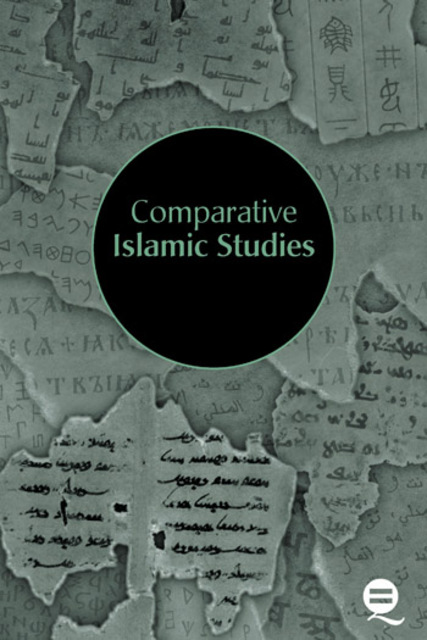Guides to Faith: Conscriptionist Education and Islamic Thought

Full description
In this article, I examine how the project of modern mass education conscripts and alters older understandings of knowledge, vocation, and politics in Islamic thought. First, I explore how reformist ʿulamāʾ such as Rifāʿa Rāfiʿ al-Ṭahṭāwī (1801–1873) and Muḥammad ʿAbduh (1849–1905) understood education as a universal human right and a moral, religious, and political obligation. I contrast these modern arguments with those of Abū Ḥāmid al-Ghazālī (1058–1111), who says that while all Muslims need to understand their faith, only the few who will serve as religious authorities need to spend many years in formal study. I contrast these two to show how understandings of the self and the community have changed subject to progressive power.
- typeImage
- created on
- file formatjpeg
- file size79 KB
- container titleComparative Islamic Studies
- creatorTimothy Gutmann
- issnISSN:1743-1638 (online)
- issue12.1/2
- publisherEquinox Publishing Ltd.
- publisher placeSheffield, United Kingdom
- rightsEquinox Publishing Ltd.
- doi
We use cookies to analyze our traffic. Please decide if you are willing to accept cookies from our website. You can change this setting anytime in Privacy Settings.
